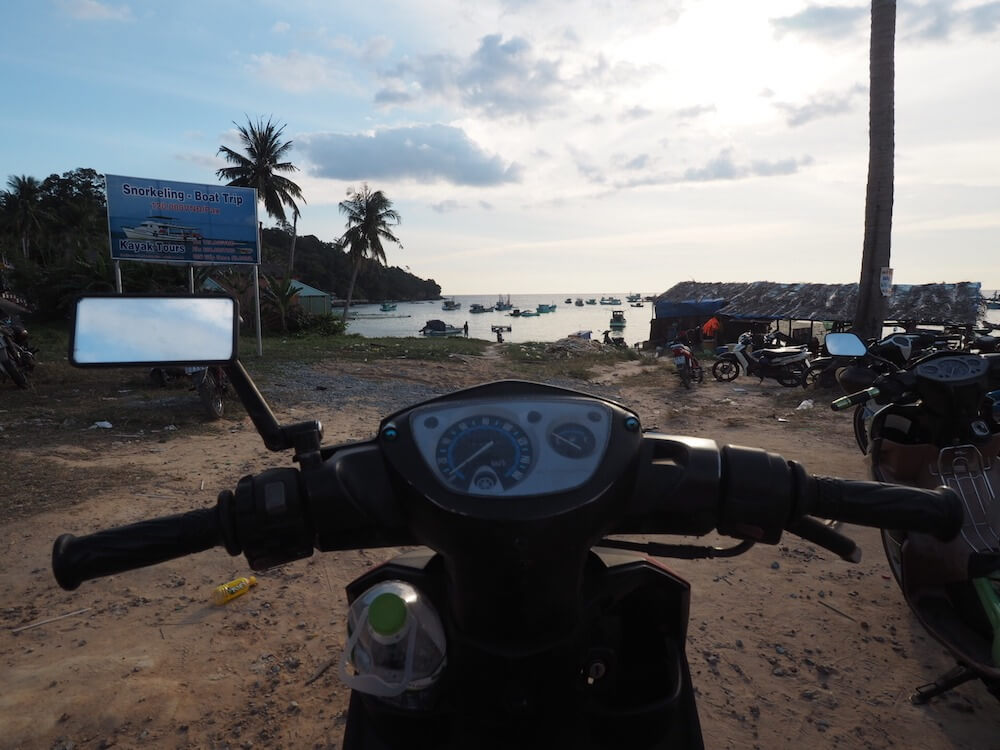5 Common Travel Scams and How to Protect Yourself
Tourists have always been the number one target to scammers, and this trend doesn’t seem to be changing anytime soon. After all, tourists are super reliant on other people, and they often can’t spot scams because they don’t know what to look out for, unlike locals. To ensure that you’re safe from scams the next time you travel somewhere, you should learn the top scams to watch out for.
1. Internet scams
Internet scams, also known as phishing, happen when hackers deceive people into believing they’re a trusted person or organisation. Once a person trusts them, they ask for sensitive information, which the hackers then use against them. There has been a recent spike in phishing scams related to travelling lately, now that tourism is slowly bouncing back to pre-pandemic levels. Internet scams can be very diverse: from fake websites to fake emails to fake pop-ups, you won’t see it coming if you’re unprepared.

To protect yourself against travel-themed internet scams, you need to be careful with your login info: make sure your passwords are strong and always think before entering them anywhere. Even if you think you’re just logging into Booking.com, always check to see that it’s not a phishing website. You can do this by seeing if there’s a little lock next to the URL: this lock proves that the website is secure and that the identity is verified.
2. Taxi scam
Taxi drivers often charge tourists way more than they should, just because many tourists don’t know any better. The driver might say that the “taxi meter is broken”, and then ask 10 or even 20 times the regular price at drop-off.
To protect yourself from such scams:
- Read up on taxi rates in your destination country before leaving.
- Always ask the driver for the estimated price before leaving.
- Only use official taxi services, not just random drivers that are waiting at the airport (these are very likely to be scammers).
3. The ‘free bracelet’ scam
Locals on the street might approach tourists and offer them a ‘free bracelet’ as a friendly gift. Even if you refuse, they’ll be very pushy and insist that you take it and not be rude. However, once they put it on, they’ll demand that you pay them money, and they might even get a bit aggressive. You’ll be left with almost no choice but to pay, even though you didn’t want the bracelet in the first place.

The only way to avoid this scam is to not give in to the pressure and ignore anyone offering you a free bracelet (or anything else for free on the street).
4. Fake police officers
Whenever you see a police officer, you automatically feel a sense of trust, especially if you’re a tourist. There are so many scammers and pickpockets around you, so police officers should protect you from them, right? Well, because of the trust that police officers get, scammers sometimes dress up as them to make the scam more believable.
There are many different ways that fake police scams go. They might come up to you and ask for your passport for whatever reason, then run off with it. Or they might ask to check your money because ‘there’s been a lot of fake bills in the area recently’. How easy is it to steal from you when you willingly hand the scammers what they want?
Moral of the story: don’t trust anyone, not even police officers, especially if they give you weird requests like these.
5. Rental damage scam

Tourists often get scammed by companies that they rented a car, motorbike, or anything else from. When returning the vehicle, the agent can claim that the tourist heavily damaged it and demand thousands of dollars in payment. The worst part is, some tourists give away sensitive documents like passports as collateral, which means they’re forced to pay the fee if they want to get home.
To avoid scams like these:
- Never give your sensitive documents away as collateral.
- Always do your research on the rental company before booking anything and make sure it’s legit, trustworthy, and has good reviews.
- Take pictures of the vehicle once you receive it and right before giving it away. This will protect you from bogus claims of visible damage if you’re innocent.
Bottom line
These are just a few of the many scams tourists face each day. The next time you travel, keep an eye out for possible danger and never assume that the locals will treat you fairly. After all, you can’t even trust police officers right away. Enjoy your trip, and don’t let petty criminals ruin it for you!
